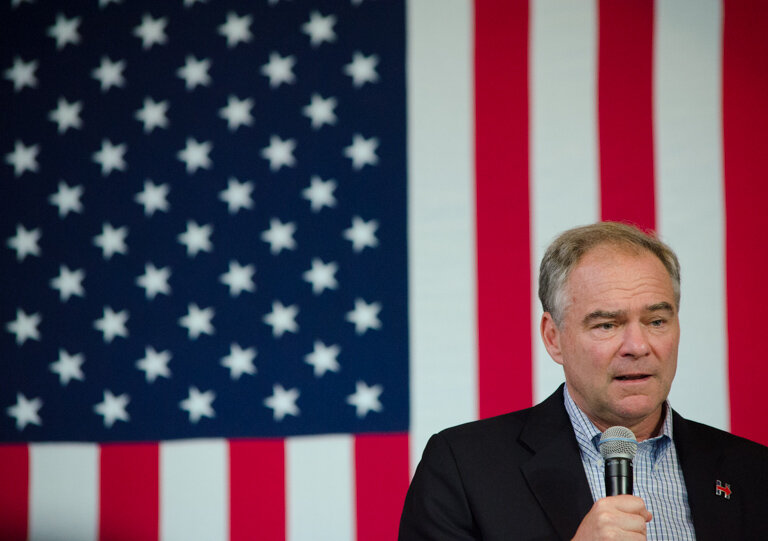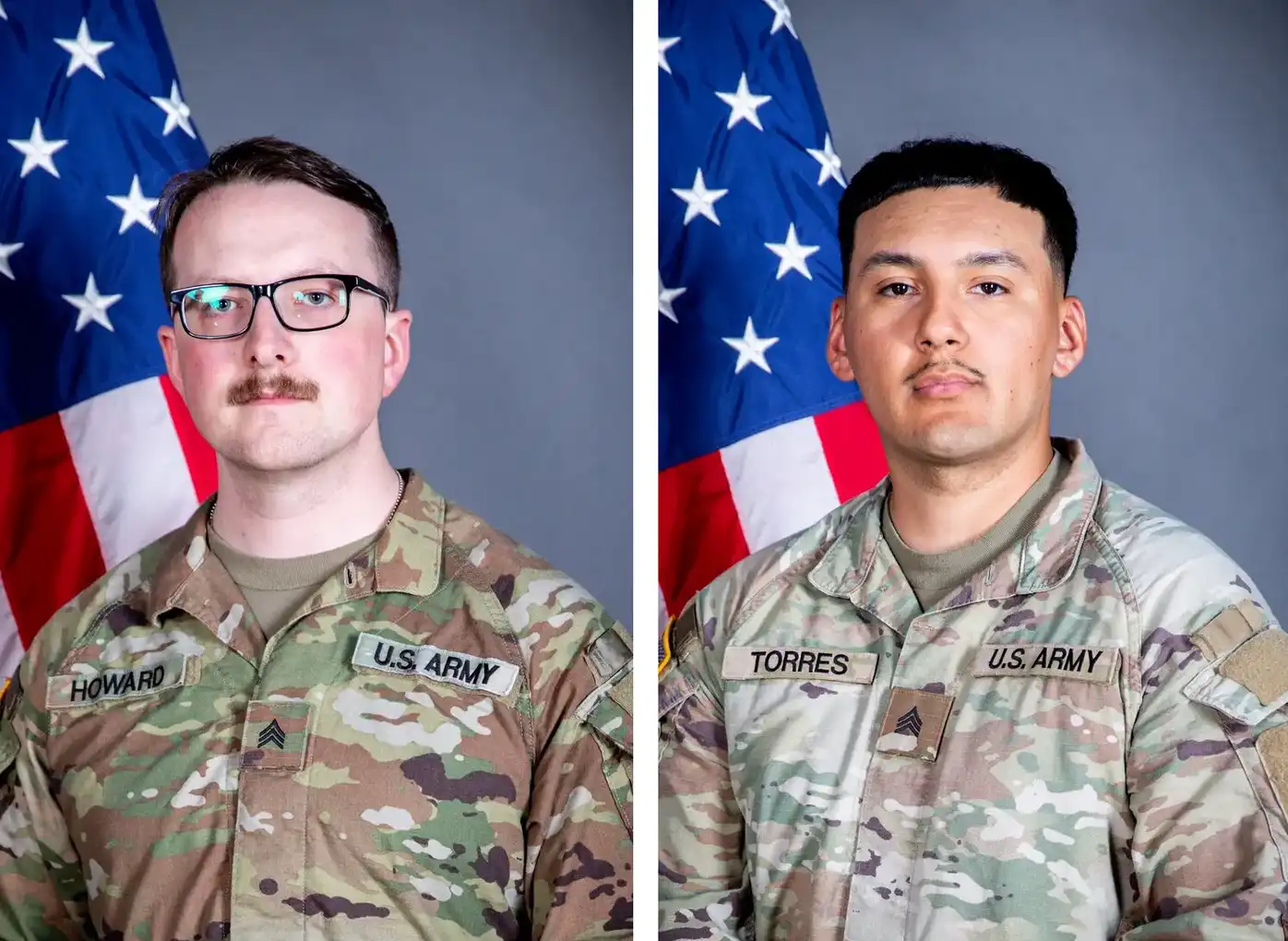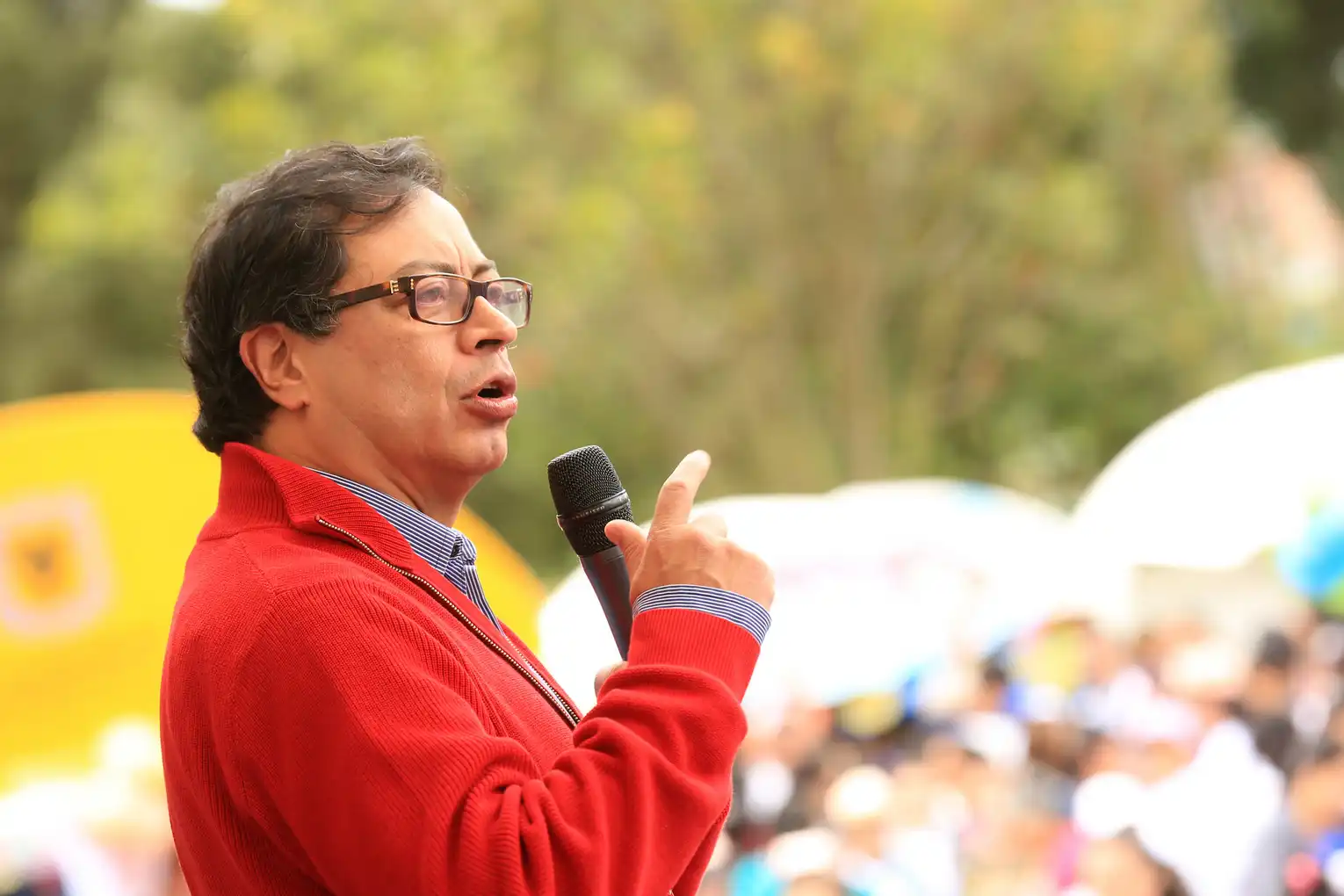PICTURED: A map of the Russian actions in Ukraine, circa March 10th. PC: Homoatrox CC 1.0.
KYIV, Ukraine. March 14th, 2022. Russia-Ukraine talks are taking place everyday, and now another negotiation is currently underway. Kyiv is beginning to suffer bombardments, and 12 people were reported injured and 1 killed in the northern areas when an apartment block was hit.
In the south more than 2,500 residents of the Black Sea port city of Mariupol have been killed since February 24, presidential adviser Oleksiy Arestovych said in a televised interview. However Russian forces have yet to take full control of the city, though that is something the Kremlin have admitted is possible.
“Putin gave orders to hold back on any immediate assault on large cities because the civilian losses would be huge,” said Kremlin spokesperson Dimitry Peskov. “The defense ministry does not rule out the possibility of putting large cities under its full control”.
The unified response from so many sectors of the world to cease the importation of goods, sanction Russian officials, confiscate foreign held Russian property and assets, remove web services, apps, and websites from Russian use, boycott Russian scientific papers, block Russian athletes from competing in international sport, has been unprecedented in the history of 21st century warfare.
Saudi Arabia has been leading a coalition to restore a deposed government in Yemen through 7 years of bombing and full blockades of Yemeni ports, causing a widely-recognized genocide. The entire country of 26 million is at risk of famine due to the Saudi/UAE/U.S. blockade, and while Russian billionaire Roman Abramovich has been sanctioned by the UK government and forced to sell his ownership of Chelsea Football Club, the Saudi Investment Fund has been allowed to buy Newcastle United, a large football club in the same country.
Not serving to slow down Russia’s advance, some are already calling for “heavily armored forces into pockets of western Ukraine,” placed on humanitarian missions to dissuade Putin from expanding his current operations which have so far been limited in terms of boots on the ground to the south, east, and north-central regions.
Those were the words of “Special Advisor to Vice President Harris for the Middle East and North Africa,” Ludovic Hood, penned in a Wall Street Journal article on Sunday.
The Atlantic Council, a Washington D.C. de-facto think tank for NATO, concluded a set of war analyses by reasoning that transferring armed drones to Ukraine would be the most effective and least escalatory measure Washington could take.
Frederic Kempe writing for the Council said the world’s response was impressive but “not enough,” and that “more sanctions, more military support, and more international unity,” was needed. The same article featured former Defense Sec. under Obama Robert Gates describing the Russian invasion as having “ended Americans’ 30-year holiday from history”.
PICTURED: President Vladimir Putin and Chinese President Xi Jinping in 2017. PC: Kremlin.ru CC 4.0.
Bucking the trend
Others are far less confrontational. The national response of India hasn’t been in line with the NATO-bloc, and Times of India quoted one unnamed official saying India would be “happy” to buy up discounted Russian oil and securities.
“Russia is offering oil and other commodities at a heavy discount, we will be happy to take that. We have some issues like tanker insurance coverage, and oil blends to be resolved. Once we have that we will take the discount offer,” the unnamed official said.
On the other end of the equation is China, which U.S. officials have been treating with extreme suspicion after a New York Times report from an unnamed official that Russia had petitioned China for economic assistance and military hardware, allegations denied by employees at the Chinese consulate in Washington, and by Xi Jinping.
China has throughout the war continually urged peace, while acknowledging Russia’s national security concerns of NATO east-ward expansion.
US diplomat Richard Haass, president of the Council on Foreign Relations, another hawkish Washington think tank said Russian President Vladimir Putin reportedly asking for military help could be a “defining moment” for Xi Jinping.
“To do so means China would open itself to substantial sanctions and make itself a pariah; to refuse would keep open the possibility of at least selective cooperation with US and West,” he tweeted.
35 other countries declined to denounce the actions at the UN, along with China.



